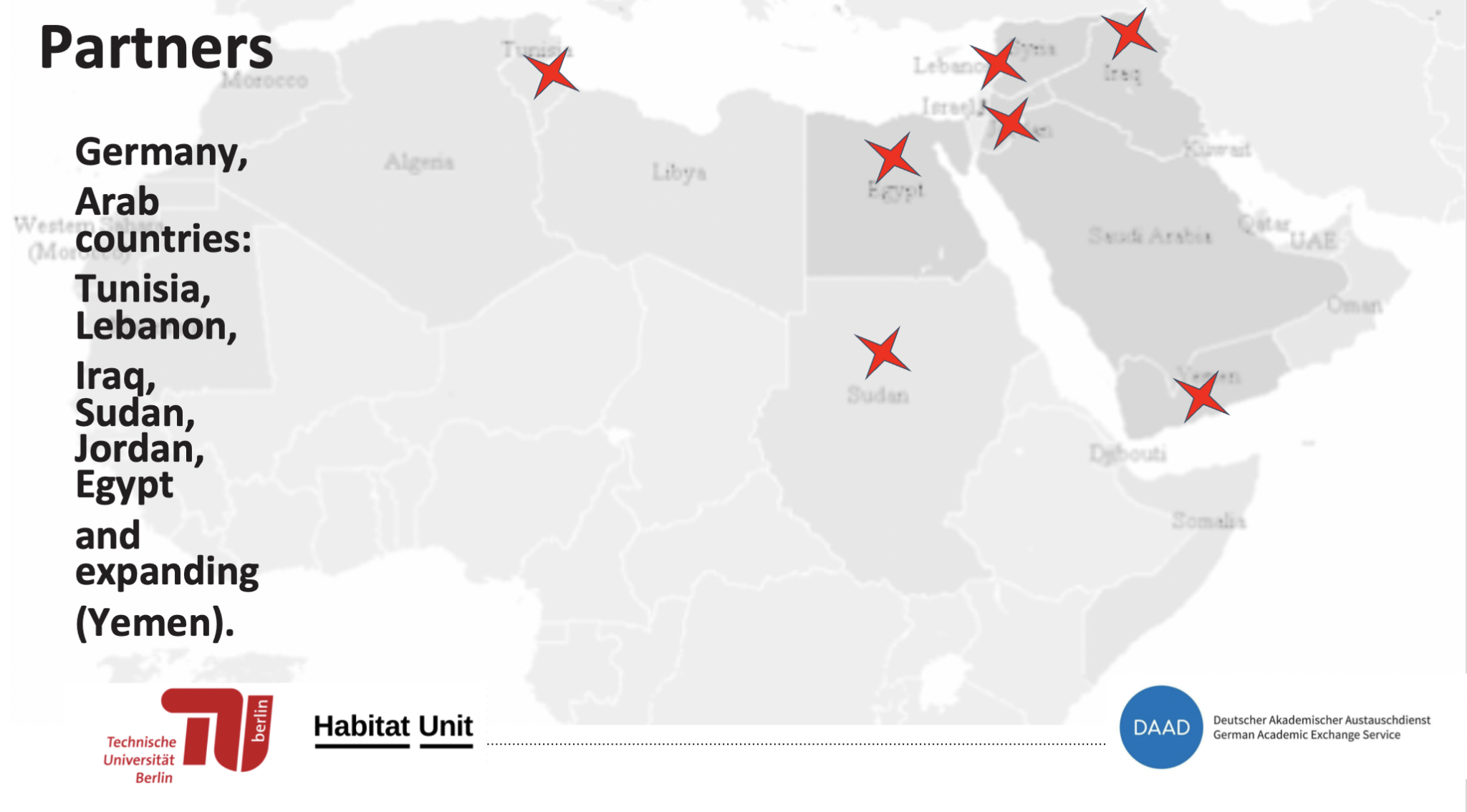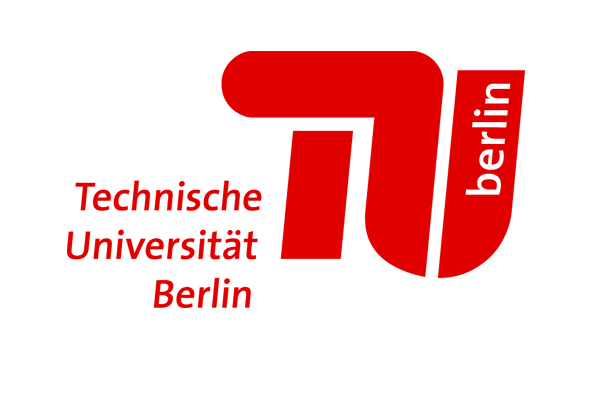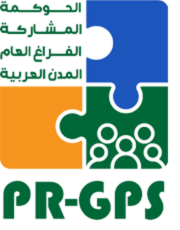
Fund

The project is funded by the DAAD, Ta’ziz Partnerschaft -Netzwerke (Ta’ziz partnership- network) program
The German Academic Exchange Service (DAAD) uses funds from the Foreign Office to support the “Ta’ziz Partnership” program with partner universities in the following countries in the MENA region (Middle East & North Africa): primarily Tunisia, Sudan, Lebanon and Iraq, as well as Egypt and Algeria , Yemen, Jordan, Libya and Morocco. The Arabic word “Ta’ziz” means “strengthening/consolidation” and is intended to clearly express the aim of the program. The program enables dialogue spaces for reform efforts at universities in North Africa/Middle East and for the integration of non-university actors – because university education and academic cooperation also play an important role in times of social and political change. As part of the Ta’ziz networks, the establishment and/or expansion of professional networks between German universities, research institutions, partner universities and partners from the non-university sector, civil society, business, and the public sector in the above-mentioned countries of the MENA region are promoted. The funding started in March 2023. And it is limited until the end of 2025.
Project Manager and Coordination


TU Berlin: The Habitat Unit – the chair of International Urbanism and Design
The Habitat Unit is a globally networked research and teaching centre developing new approaches, expertise and application-oriented tools relevant for global urbanisation and urban change processes. The Habitat Unit is committed to an inclusive and rights based approach to urban policy, urban management as well as development-oriented and actor-driven planning. Based at the School of Architecture at the Technische Universität Berlin, the Habitat Unit promotes an extended understanding of urban and architectural design, which integrates spatial, material and cultural sensitivities with new models of participation, co-production and urban governance. By exploring emerging spatial and material constellations and the embedded social, economic and governance processes as actor networks the Habitat Unit speculates on changing roles for planners and architects to help in the shaping of transformation-to-sustainability processes. Recent research has explored urban informalities, translocal space making, urban-rural interlinkages, emerging forms of coproduction as well as strategic scenarios building and speculative design exploring urban futures Partners.
Partners

Tunisia
Urban Planning department, The Higher Institute of Environmental Technologies, Urban Planning and Building ISTEUB-Carthage University, Tunisia
our main academic partner in Tunisia
The ISTEUB offers the national diploma for urban planning, 6 years, and is active in the urban planning and planning discourse in Tunisia, with good relations to the government urban authorities and civil society organisations and activists.
Bin yedina
Our civil society partner in Tunisia
A group of recently graduated, motivated, and enthusiastic urban planners, alongside highly experienced architects, who are founding the very first initiative in which vision, actions, and objectives circulates around the participatory approach, in Tunisia. They aim for a new era and a new way of thinking, acting, designing, and developing cities. They are oriented around strengthening the interaction between citizens and their cities through more dynamic and tactical methods.


Sudan
University of Khartoum, faculty of architecture, department of planning and urban design
(DPUD)
The first planning department to offer post-graduate degrees in urban planning in Sudan. The department has a strong reputation for excellence in teaching and research. The Department is also considered one of the leading of its nature in Sudan and the east Africa region. The DPPUD has collaborated extensively with many academic, professional, civil societies, and governmental bodies from around the globe. The DPPUD currently runs two master programmes by courses in Urban Planning and Management and Urban Design. The DPUD also offers master and doctorate degrees by research. Currently, DPPUD graduates can be found in many senior positions all over the country and the wider region.
Iraq
Duhok university, the College of Spatial Planning and Applied Science, the Kurdistan region, Iraq


The municipality of Duhok, the Kurdistan region (local governmental authority)
Jordan
The German Jordanian University, GJU, the Architecture and Interior Architecture Department
The Department of Architecture and Interior Architecture has a unique multidisciplinary structure which offers Bachelor in Science in both Architecture and Interior Architecture as well as two Master programs of Science, Spatial Planning and Architectural Conservation. All the offered programs prepare the students for critical involvement with real practice and enhance their awareness and sensitivity to social responsibilities, sustainability and environmental intervention, and the benefits of research and innovation. Emphases are placed on teamwork, networking, and the integration of education and the marketplace. Furthermore, they were taught throughout the years by academic and industry experts.


Philadelphia University, The Department of Development Studies
The department offers the only program for bachelor in development studies, that covers social development, economic development and political development. They have good relations with AlBalqaa and Jerash municipalities.
MASARAT Jordan Foundation
MASARAT is a non-profit civil society organisation, established in 2021, founded by a group of public figures and former politicians. It specializes in conducting research, dialogues, and focused seminars, and providing solutions and proposals for problems in general and especially in all political, economic and social fields (Think Tank). MASARAT also specializes in issues of enhancing women’s presence in the public space, empowering them politically and economically, and supporting and motivating youth participation in political and development work. And developing and strengthening the capabilities of the media to keep pace with developments to be a tool for monitoring and a way to achieve sustainable and democratic development. It focusses on conducting studies and research related to the Jordanian scene, as well as making analytical readings of interest to decision-makers in various aspects of life, in addition to conducting analytical studies of the political and media scene and their content. It focuses on women in the media for their role in bringing about comprehensive development, changing the stereotype about women, and breaking the culture of shame to achieve shis in society towards productivity and modernity. Special focus on gender issues, and conflicts among different groups of society of different social, religious, ethnic, and cultural backgrounds in all governorates, refugeesʼ camps, and Bedouins in Jordanian deserts.


Road Safety Center of Excellence
The RSCE strive to lead efforts to address all these elements through well-structured research, workshops, training, and networking with other international institutions and partners. The center will benefit from the close cooperation with German and EU member States universities and institutions
Egypt
The Urban Development Fund (National governmental authority)
The Urban Development Fund (UDF) previously the Informal Settlements Development Fund (ISDF) was established with a prime ministerʼs decree dated the 2nd of August 2021. The Urban Development Fund (UDF) is affiliated with the Prime Minister’s cabinet, is considered an economic public authority and has a legal personality. It is permissible, by a decision of the Fundʼs Board of Directors, to establish branches and offices for it in the governorates. UDF is mandated to work on the development of existing urban areas in the Egyptian cities, work to encourage civil society and the business sector to contribute in-kind and material to urban development work, and work to enhance opportunities for international cooperation and exchange of experiences.


10 Tooba Applied Research on the Built Environment - Civil society/Urban research (Cairo, Egypt)
An interdisciplinary group of built environment professionals developed expertise in participatory planning and policy analysis, working closely with communities in Egypt. We share a vision of achieving spatial justice and fair housing in Egypt and the region. And since our work focuses on deprived communities and raising the proportion of families living in inadequate housing, the knowledge production of 10 Tooba always focuses on creating meaningful change through applied research, where a continuous loop of lessons learned from the ground informs our analysis, and our research informs our applications. We produce knowledge on housing and the built environment in Egypt with a focus on issues such as affordability, urban upgrading, urban history, public space, services and transport. Common threads that cut through our main topics are social justice, sustainability, informality, climate change, urban design, management practices and appropriate technology. The product is in the form of strategies, essays, in-depth reports, and visualisations covering Policy analysis, social assessment, Mapping, and data visualizations.
The Urban Upgrading Unit, Portsaid Governorate
Lebanon
The Lebanese University – Faculty of Fine Arts and Architecture, the Landscape Architecture & Environment -MAPE


KNOCK BEIRUTʼs DOORS, Beirut, Lebanon
Knock Beirut’s Doors is an initiative started two days aer Beirut Portʼs Blast, operating in Greater Beirut (Mar Mkhayel, Gemayze, Rmeil, Getawi, Ashrafieh, Borj Hammoud, etc.). The Intervention type includes communication, participation, information sharing and mainly in repairing. Through the repair of broken doors and windows, it contributed to the rehabilitation of some public spaces as well as including parts from streets. With the help of individuals, crowdfundings, International NGOs and their own resources, their aim is to assist people whose houses were destroyed. Further, to support sustainable methods and assisting workshops (carpentry) that bring together individuals from various cultural and ethnic groups and help them learn new skills.
Yemen
the international university of technology twintech, Yemen

Germany
Senatsverwaltung für Stadtentwicklung, Bauen und Wohnen, Zentrale Anlaufstelle für Bürgerbeteiligung (ZAB)
Bezirksamt Mitte von Berlin, Bezirksstadtrat für Stadtentwicklung und Facility Management


TSPA (Thomas Stellmach Planning & Architecture)
TSPA (Thomas Stellmach Planning and Architecture) is a start-up based in Berlin, Germany. Emerged from Uberbau architecture & urbanism in 2014, they have an extensive portfolio of projects reflecting our experience in strategic planning, urban development and design. Their in-house team is comprised of young, talented urban planners, architects, geographers, GIS experts and urban management experts. They are urbanists at heart. They thrive on working in different global contexts and scales, with projects ranging from regional development to neighbourhood transformation across Europe, Asia and Africa. Their global experience has informed and tested our expertise, giving them a holistic and complex understanding of what it takes to implement successful projects.
AEDES Metropolitan Laboratory, Berlin
The Aedes Architecture Forum is a world-renown independent institution and exhibition space for the international communication of contemporary architecture and urban design. Established in 1980 as the first private architecture gallery in Europe, the Aedes Architecture Forum has gained a large international partnership network, which feeds to an outstanding cultural platform for the global and public discourse of the built environment.

Carsten Zehner , consultant for Urban Development, planning and management
As a trained urban and regional planner, he is working as an independent consultant in the field of international urban development offering various services in planning, management, training and analysis. Mostly, he is contracted by bilateral and international organisations, private consulting companies or academic institutions. Within German Development Cooperation, he is a core consultant of GIZ (Deutsche Gesellscha für Internationale Zusammenarbeit GmbH).
Liquid Democracy e.V. (Berlin)
Liquid Democracy is an innovative concept for liquefying rigid structures that limit our democracy. And Liquid Democracy is a non-profit association from Berlin dedicated to the further development and application of this idea. They work to make democratic processes better on a large and small scale. And for them, better means above all: more participatory, more transparent and more equal.

BENN-Berlin develops new neighborhoud, Marzahn south, Berlin
BENN stands for “Berlin Develops New Neighborhoods” and is a program of the Senate Department for Urban Development, Building and Housing. It is carried out in close cooperation with the districts. There have been 16 BENN locations since 2022. The program has been around since 2018. The BENN locations are intended to strengthen and promote neighborly coexistence. This happens, for example, when neighbors get to know each other who wouldn’t otherwise get to know each other. This also includes neighbors with refugee experience. For this purpose, the BENN team makes various offers, such as language cafés, joint activities in the district (e.g. design of green spaces, festivals) or cultural events.

Leave Us A Message
Email Address :
Info@prgps.com , prgps24@gmail.com
Phone Number :
+ 49 303 142 1830
Our Location :
Institute for Architecture, TU Berlin Strasse des 17. Juni 152 10623 Berlin
